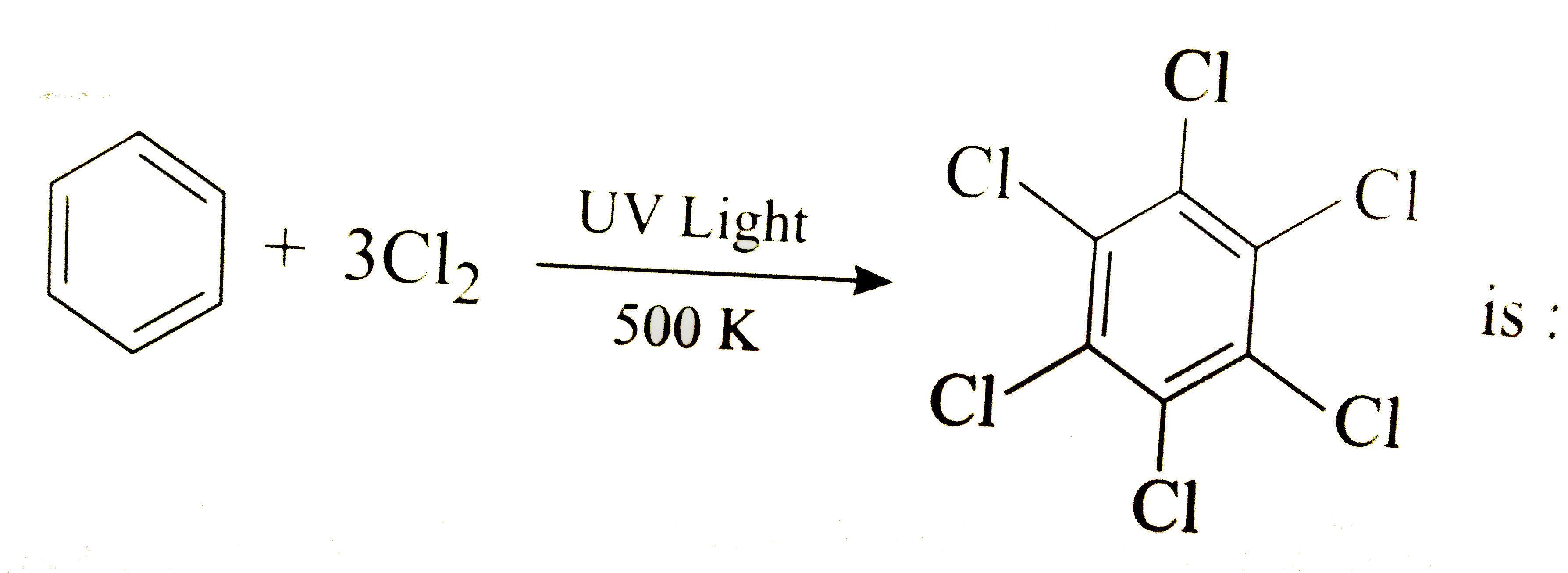All reactions with chemical dissociation are
A
reversible
B
reversible and endothermic
C
exothermic
D
reversible or irreversible and endothermic or exothermic.
Text Solution
The correct Answer is:B
is correct but some (b) though exceptions are known, Ex : 2kClO3→2KCl+3O2
|
Topper's Solved these Questions
- Chemical Thermodynamics & EnergeticsBOOK - NIKITA PUBLICATIONCHAPTER - Chemical Thermodynamics & EnergeticsEXERCISE - QUESTION FROM COMPETITIVE EXAM
35 Videos
- CHEMICAL KINETICS BOOK - NIKITA PUBLICATIONCHAPTER - CHEMICAL KINETICS EXERCISE - MCQs
351 Videos
- CHEMISTRY IN EVERYDAY LIFE BOOK - NIKITA PUBLICATIONCHAPTER - CHEMISTRY IN EVERYDAY LIFE EXERCISE - MCQs
224 Videos
Similar Questions
Knowledge Check
All reaction with chemical dissociation are
AReversibleBReversible and endothermicCExothermicDReversible or irriversible and endothermic or exothermicAll reactions which have chemical disintegration
AIs reversibleBIs reversible and endothermicCIs exothermicDIs reversible or irreversible and endothermic or exothermicAll reactions involving chemical decomposition are
AreversibleBreversible and endothermicCexothermicDmay be reversible or irreversible and endothermic or exothermic
A shorthand representation of a chemical reaction is known as the chemical equation.
View SolutionAll reactions involving chemical decomposition are
View SolutionThe chemical reaction,

View SolutionHalogen with lowest bond dissociation energy is
View SolutionIn a chemical reaction, rate of a chemical reaction increases with temperature. The reason is due to
View Solution
